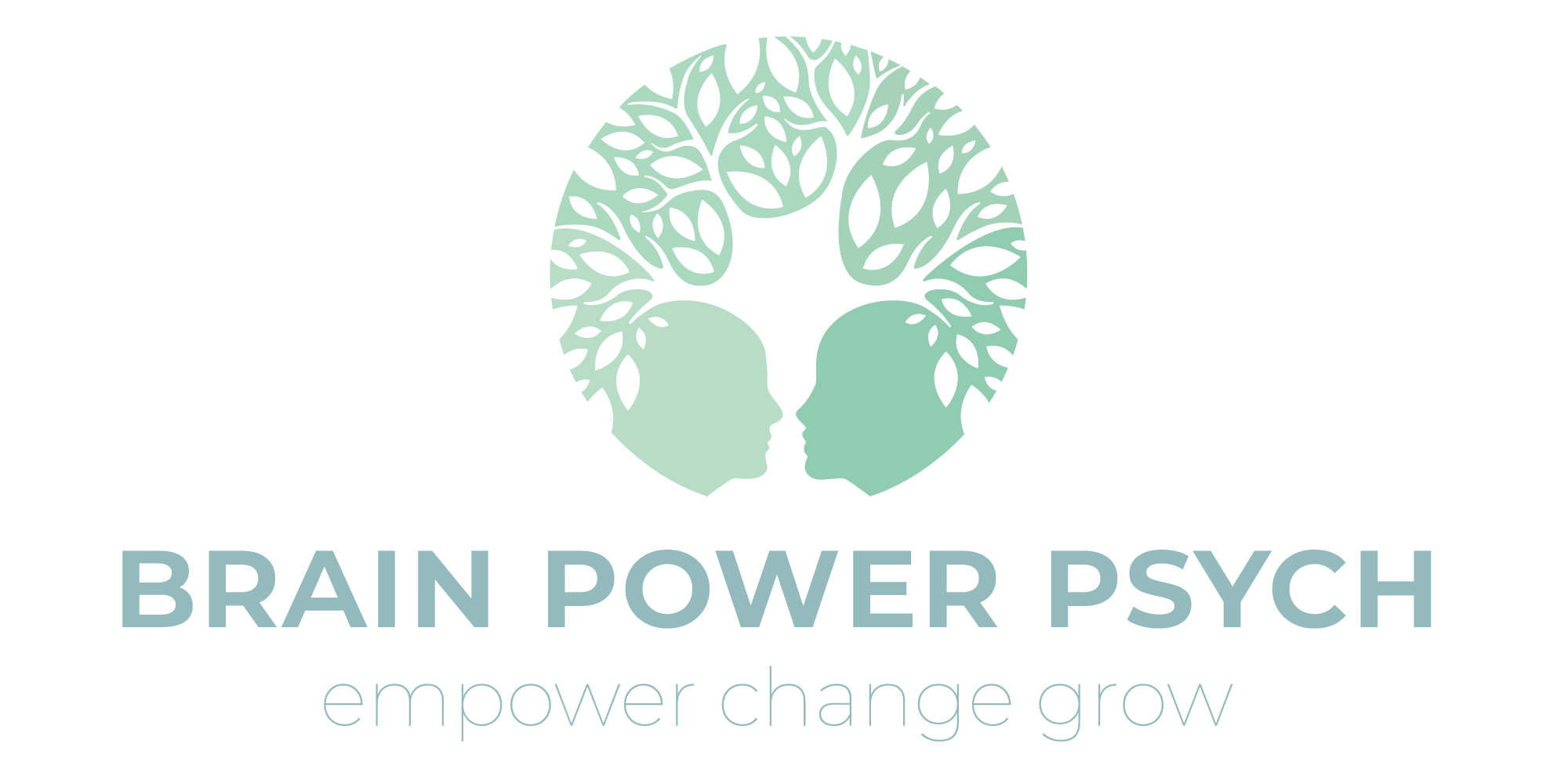In recent years, there seems to be a big push for people to be focusing on health and wellness. This generally relates to certain topics such as: going to the gym more, losing weight, eating healthier, budgeting and saving money, improving relationships, and advancement of personal and professional development. Taking a deeper look at wellness, individuals tend to focus more on physical health and ignore the other dimension of holistic health. However, well-being is much more than being physically fit as it encompasses the body, mind, and spirit.
There are many reasons why mental health does not cross our minds when thinking about overall health. Customarily, when we hear “mental health” and “mental illness,” we make the assumption that they are synonymous. When in fact, they are not. Initially, when we think about mental health, we tend to gravitate to the notation of being mentally ill or the thought that something is terribly wrong with me. This perspective could be associated to social stigma surrounding mental health services.
Mental Health
However, the term mental health relates to our emotional, psychological, and social wellbeing. It is all about how we think, feel and act. According to World Health Organization (2004), mental health is defined as “a state of well-being in which the individual realizes his or her own abilities, can cope with the normal stressors of life, can work productively and fruitfully and is able to make a contribution to his or her community.” Mental health is important at every stage of life, from childhood and adolescence throughout adulthood.
Reasons why mental health is necessary:
- Learn how to cope with daily stressors in your life effectively
- Improve relationships with co-workers, romantic partners, family members, and friends
- Recognize your full potential
- Learn ways to manage and improve productivity and create work life balance
- Exploring your options and making healthier life choices to help reach your goals and ambitions
Mental Illness
On the other hand, mental illness is a term used in the medical community to refer to a wide range of mental health disorders. These conditions are connected to our mood, thoughts, and behavioral patterns. The most common disorders include depression, anxiety, eating disorders and PTSD. Mental health concerns may become mental illness if ongoing signs and symptoms cause frequent stress and affect our ability to function day to day.
Examples of signs and symptoms:
- Inability to cope with daily problems
- Significant changes in energy levels
- Withdrawing from social events and activities
- Feeling sad or down
- Thoughts of suicide
- Fluctuations in eating behaviors
- Changes in mood and sleep patterns
- Unexplained body pain and aches
- Excessive fears or worries
- Experienced traumatic events
If you notice that you are experiencing any changes in mood, thoughts, or behaviors, there is hope. Whether you are seeking support for mental health or mental illness, there are many trained mental health therapists ready to assist.
